Search
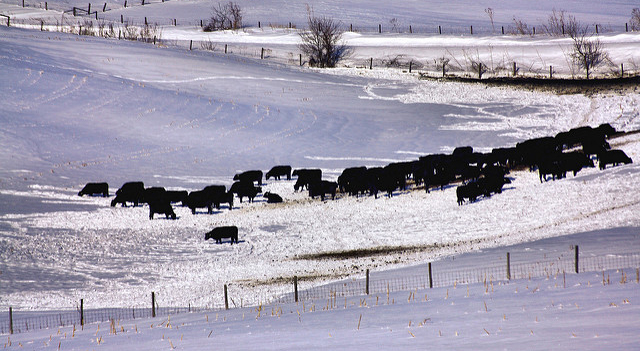
Are Your Cows Ready for the Last Trimester of Pregnancy?
We are beginning to enter the last three months of gestation for the majority of spring-calving cows in South Dakota, and there are a few questions that cattle owners should ask themselves in preparation.
COVID-19 and Livestock: Is there a connection?
When reports of the COVID-19 pandemic first hit the US, very few people had likely heard of coronaviruses—with some notable exceptions: cattle producers and their veterinarians.
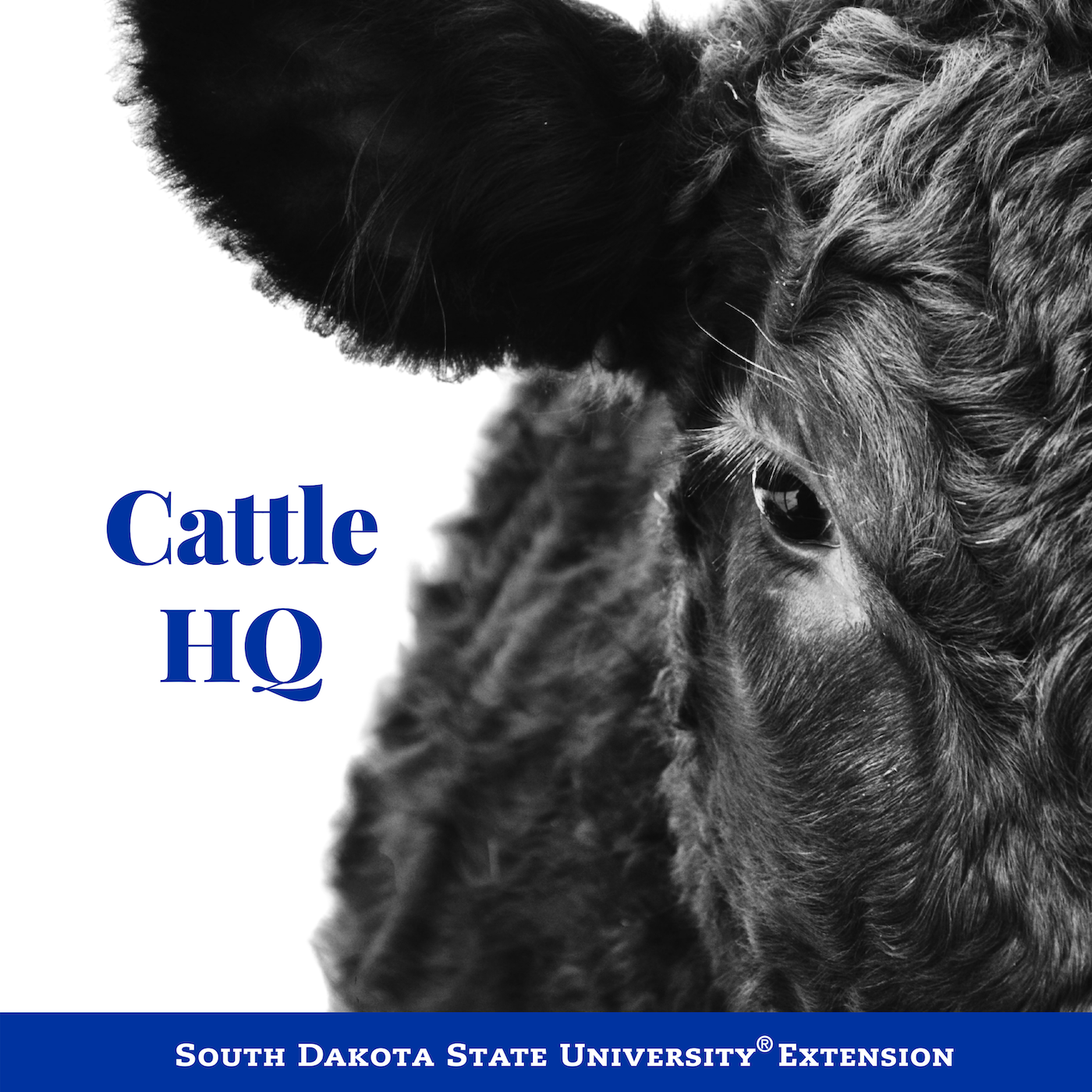
Stockmanship and Stewardship
During this episode of Cattle HQ, Madison Kovarna shares information about an upcoming event being presented by Addie Stamps, SDSU Extension Livestock Production and Stewardship Field Specialist call the Stockmanship and Stewardship Conference.
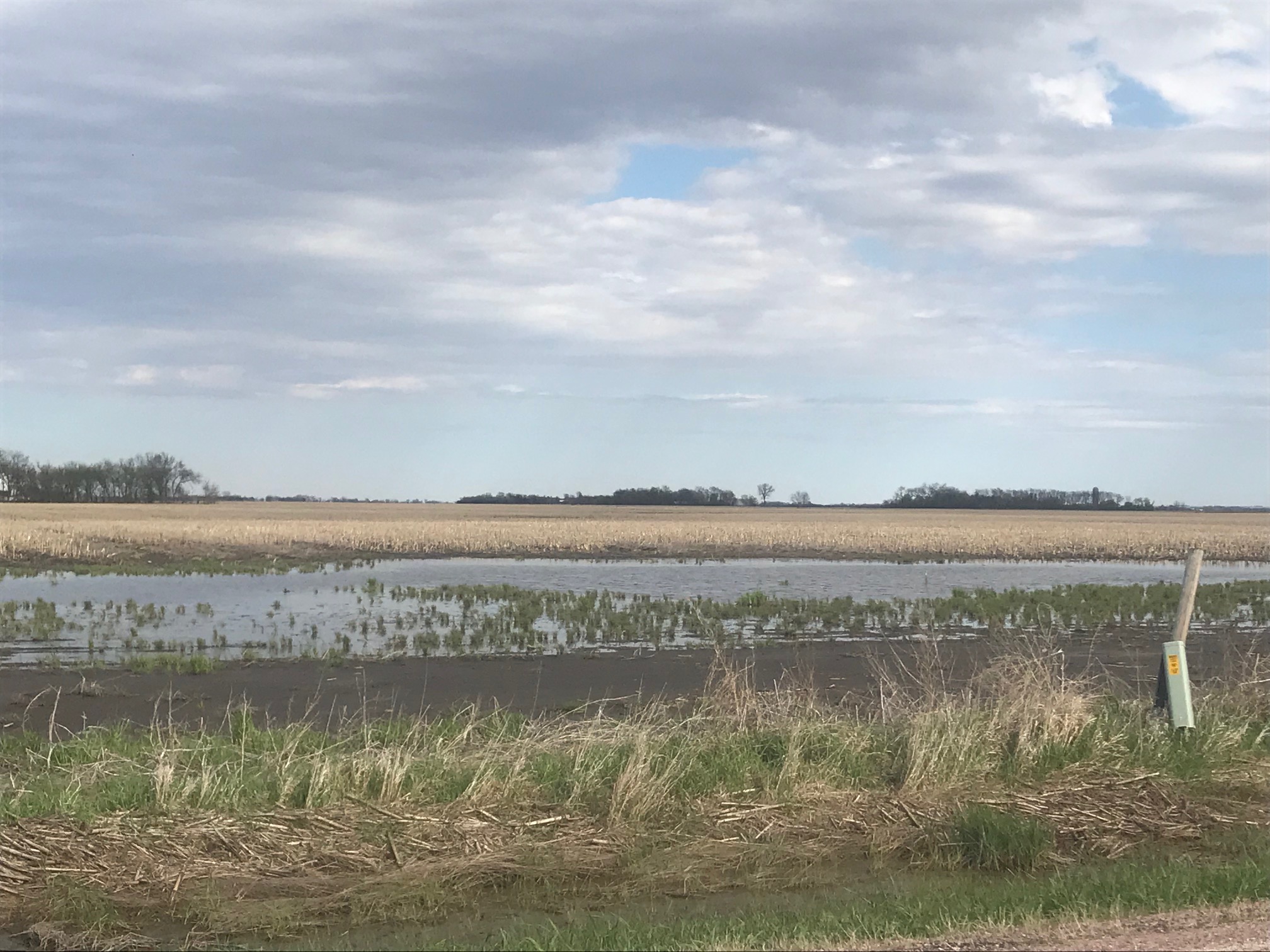
Delayed Planting Challenges: Cover Crop Considerations
High waters and saturated soils across many counties in South Dakota have producers worried about getting their crops planted in a timely manner this spring. In many areas, typical cash crops will not be a possibility. Producers may need to develop alternative plans.
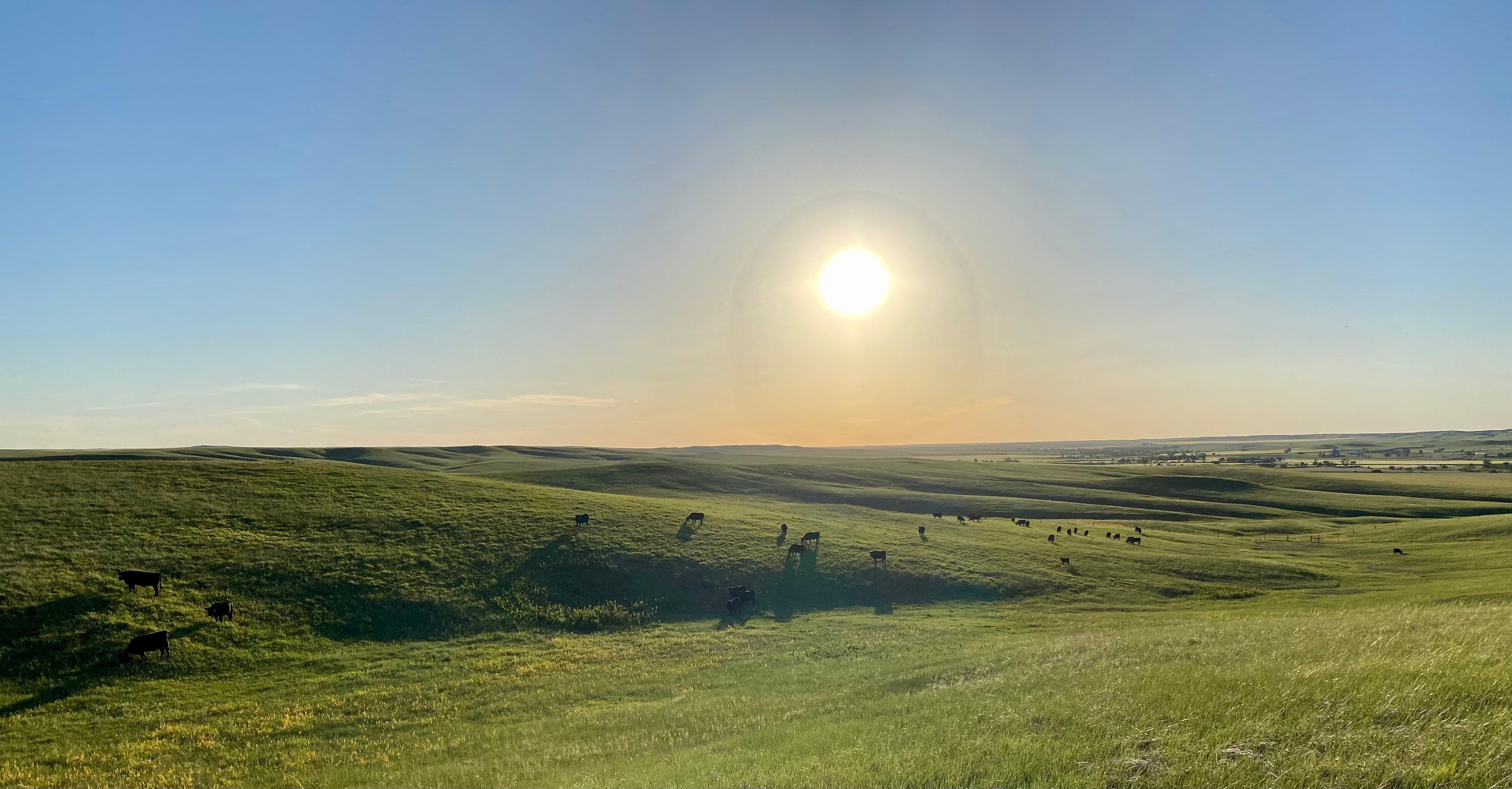
Impacts in Natural Resource and Range Management
South Dakota is home to many unique land, water and wildlife resources. Our experts and partners offer research-based information to help people enjoy, preserve and profit from these natural resources.
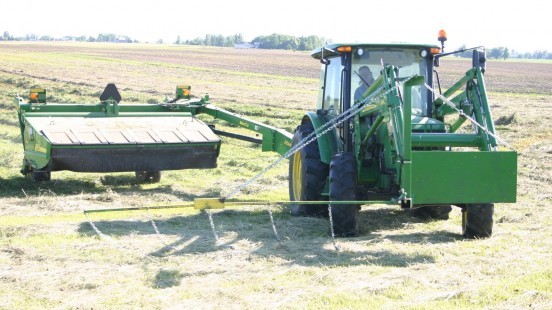
Haying With Wildlife in Mind
Anyone who has spent time cutting hay knows that hayland can be a magnet for wildlife in late spring and early summer. Hay fields are often considered an “ecological trap” for wildlife; that is, they appear to be high quality habitat for nesting or feeding due to tall, dense grass and legumes, but often lead to increased mortality once harvesting is under way.
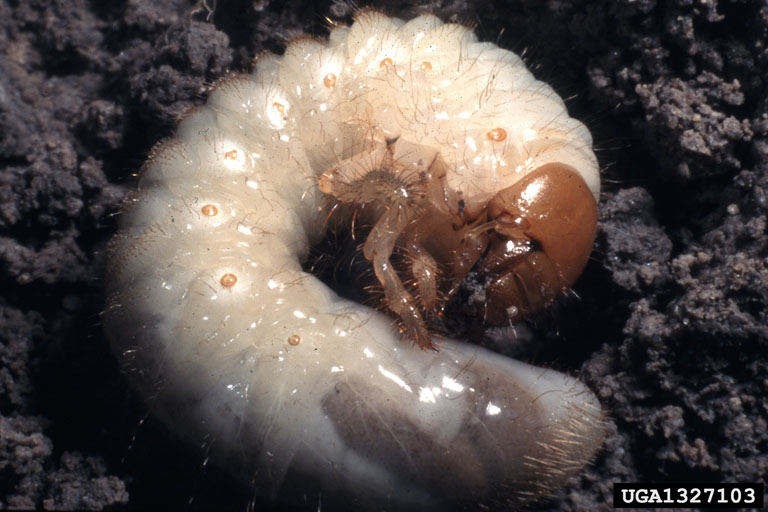
White Grub Damage to Lawns
White grubs are root-infesting larvae that are the immature stages of scarab beetles. Grub-infested turfgrass may turn brown and die from drought stress due to the inability to take up water from loss of roots.
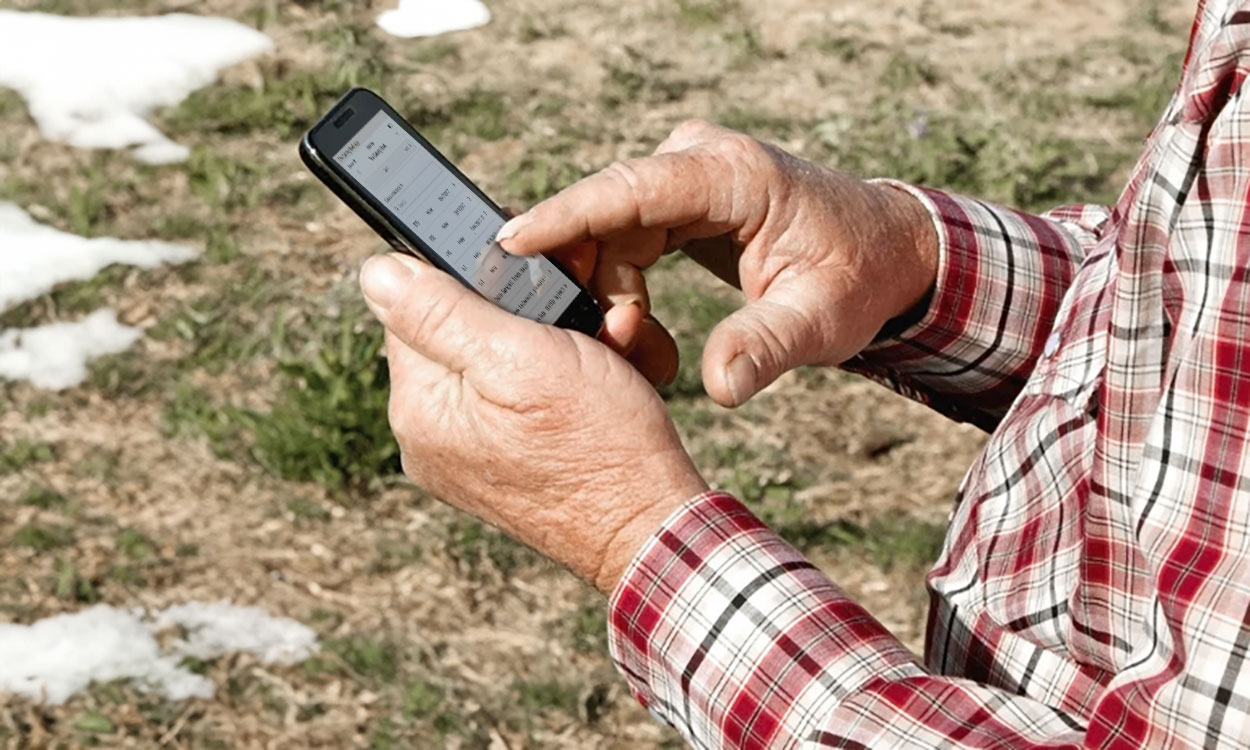
Calving Apps: Beyond the Barn
There are many calving apps available for smart phone users, and finding the right one can be challenging. Learn some expert tips on selecting the right one to accomplish your operation's goals.
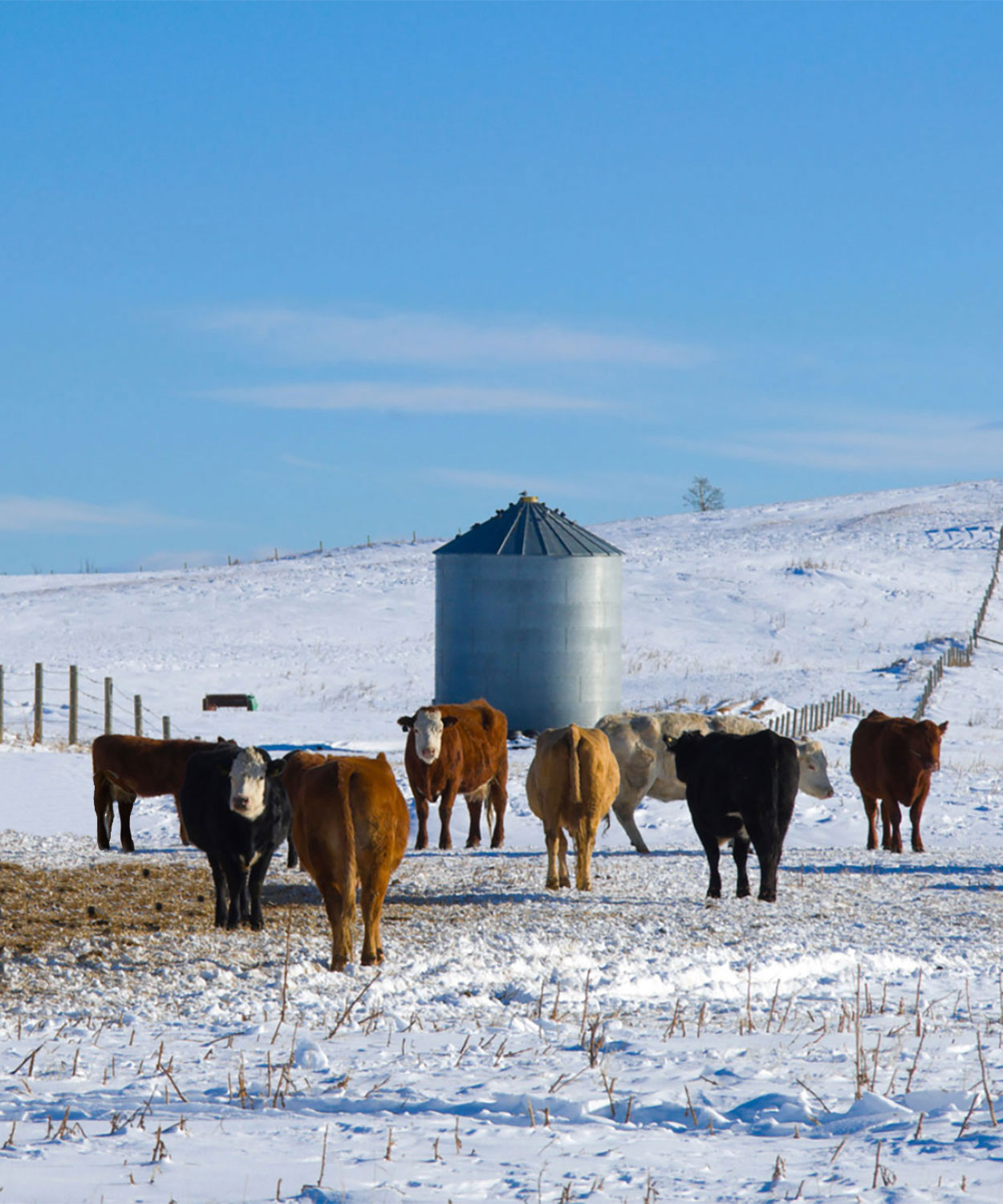
Ready, Set, Manage Hay Differently
Feed is expensive and sometimes hard to find. Pasture prices, harvest expenses, hauling and waste add to the total feed bill. Evaluate your forage situation this winter and make changes that improve your profitability.
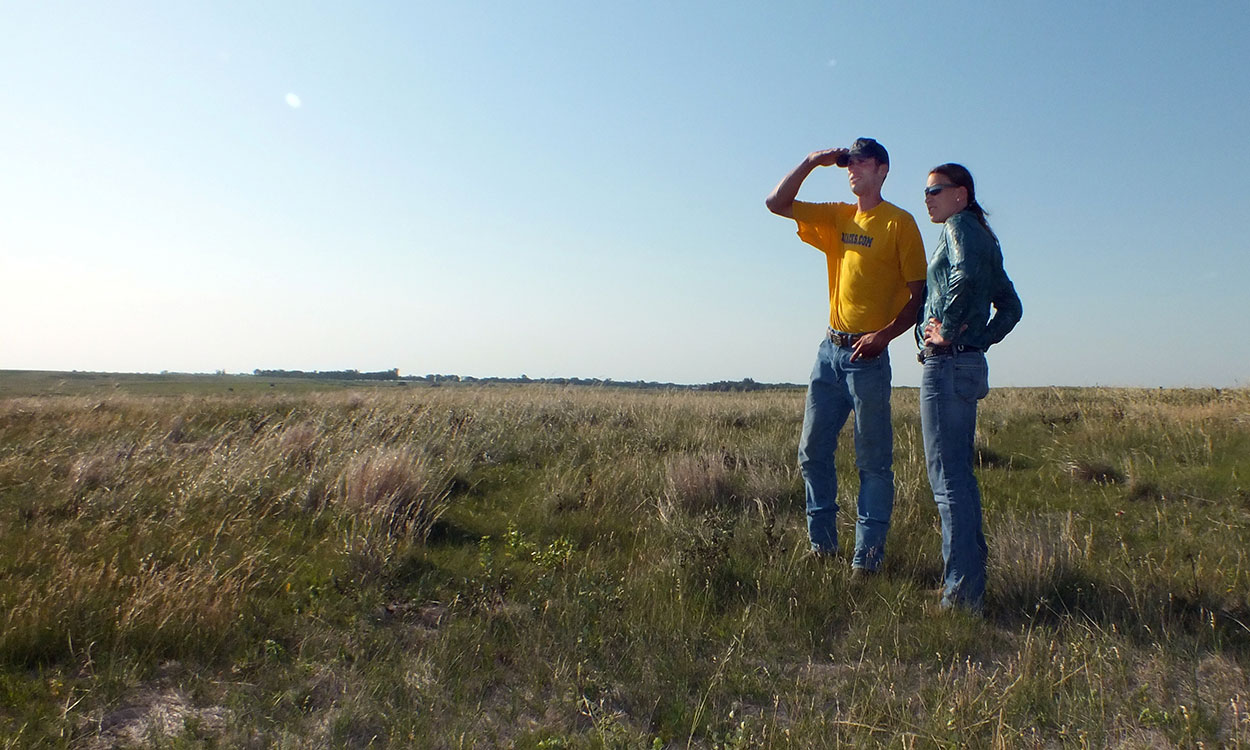
Natural Resources & Conservation
South Dakota is home to many unique land, water and wildlife resources. Our experts and partners offer research-based information through to help people enjoy, preserve and profit from these natural resources.